Do you need to replace your tire pressure sensors, but want to first confirm if you can buy any sensor on the market? This article will help you out. We have done research on the universality of tire pressure sensors, and here's what we learned.
Tire pressure sensors are not universal. It would be best if you bought the same type of sensor used on your car. Take note that sensors are specific to the vehicle make and model and sometimes even the wheel of the car.
Keep reading as we cover this topic further to guide you in purchasing the right tire pressure sensor. We will also discuss if you can replace only one sensor, if the sensors need to be programmed upon installation, and what will happen when you don't replace your sensors. Let's get down to business!
Are Tire Pressure Sensors Universal?
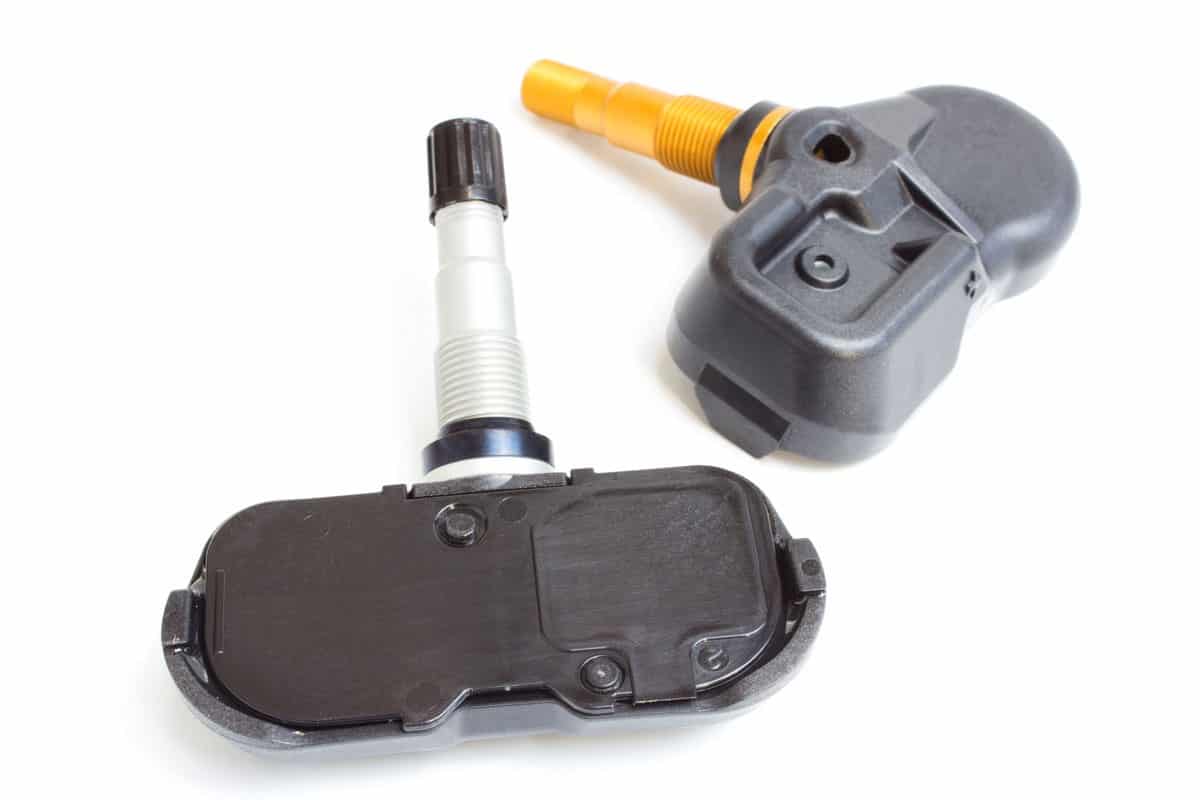
Tire pressure sensors are an important safety feature for cars. Starting in 2007, they have been mandated for new vehicles to prevent road accidents caused by tire blowouts.
Tire pressure sensors monitor the air pressure or inflation of the tires so that drivers can be confident that they are good to take on the road. They provide accurate information so that you know if your tire pressure is within the recommended level at all times.
You will know the approved tire pressure levels for your vehicle by looking at the owner's manual. There's also a sticker by the door on the driver's side indicating this information.
If the pressure drops to a critical level or 25% below the recommended level, you will be notified through the light indicator on your dashboard. This will prompt you to go to the nearest auto service or gas station to add more air to your tires as needed.
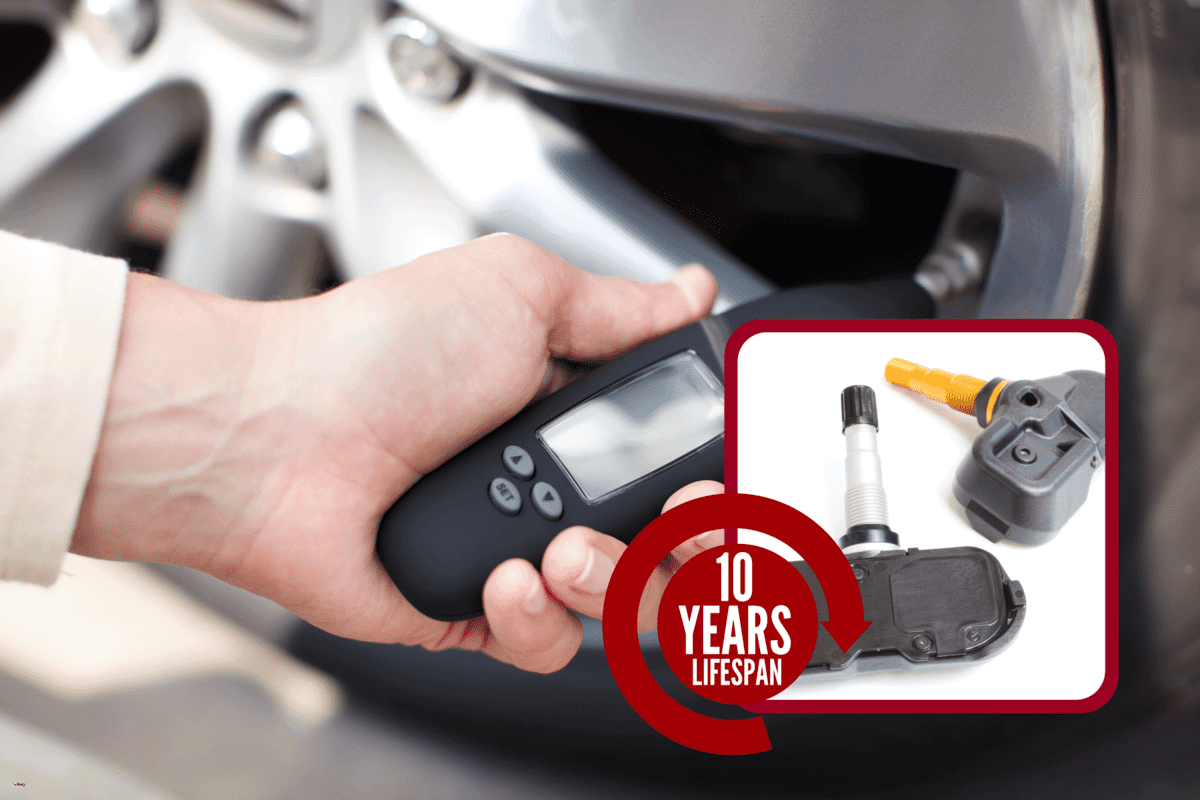
But tire pressure sensors have a limited lifespan, averaging five to 10 years. Their batteries can die, or their metal components can corrode over time. They can also be damaged when your tires are serviced. When this happens, you have to get new ones.
When you need to get new tire pressure sensors, take note that these devices aren't universal. You have to check the particular tire pressure monitoring system (TPMS) that your vehicle uses.
What Are The Different Types Of TPMS?
There are two types of TPMS: direct and indirect. While they both help you monitor the inflation of your tires, they do so in different ways.
Direct TPMS
Direct TPMS is attached to the tire valve where air passes through. As such, the sensors can give an accurate reading of the tire's inflation level as they monitor how much air flows in or out of the tires.
Indirect TPMS
Indirect TPMS does not measure the tire air pressure. Instead, it works side by side with the anti-brake system (ABS) and monitors the speed of the wheel's revolution. If the wheel turns faster than its average speed, it means that the tire has been deflated.
Indirect TPMS is more affordable than direct TPMS, but the latter generally provides more accurate and real-time information to motorists.
Both types of sensors communicate with your car's computer system. Each sensor has a unique serial number so that the computer can determine which specific tires have critical tire pressure levels as it reads the data coming from the sensors.
Having said that, you have to confirm which type of TPMS your car uses so that you can purchase the right tire pressure sensors. You can find this information in your owner's manual.
How To Know If A Sensor Is Compatible With Your Car
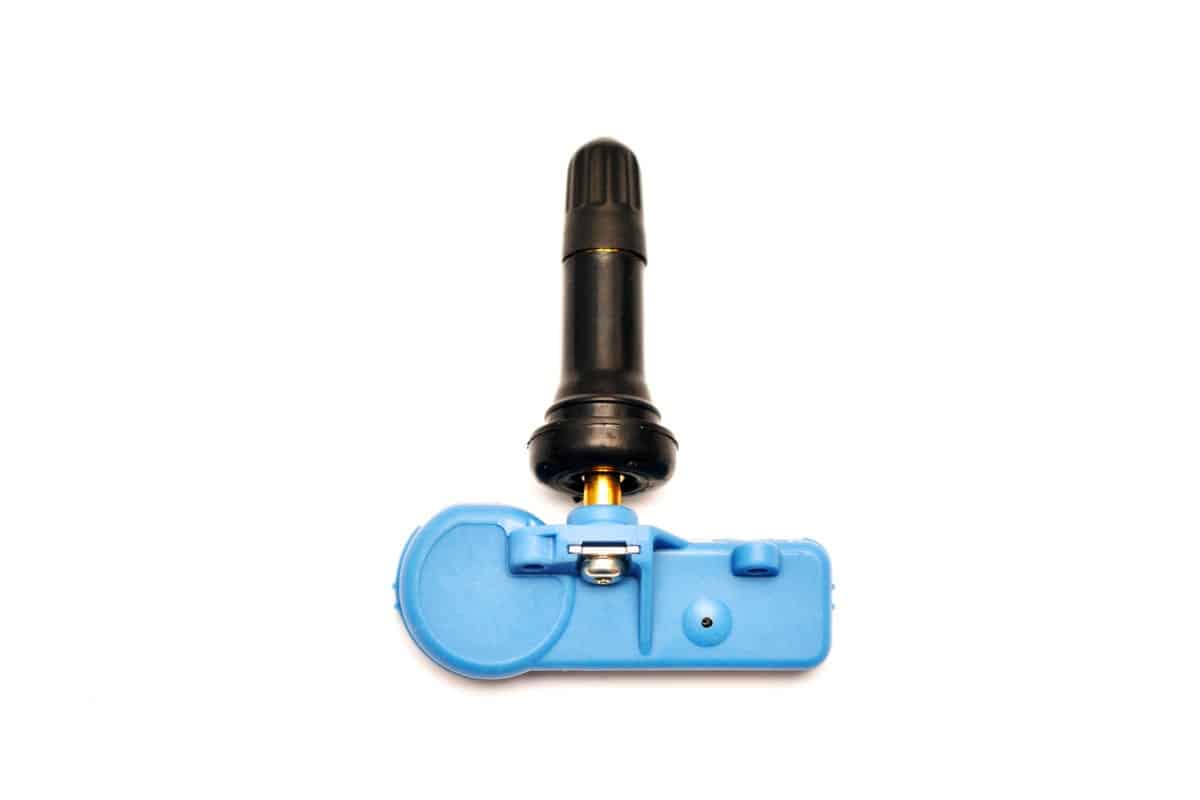
Car manufacturers invest in different TPMS technologies, so you have to check the tire pressure sensors' compatibility with your vehicle. Manufacturers also have different suppliers for their equipment. This may also change from model to model and year to year.
You can check your owner's manual for the particulars so that you won't waste your money buying a tire pressure sensor that doesn't fit with the make and model of your car. If you purchase the wrong sensors, they won't work with your vehicle. It's as simple as that.
Even aftermarket tire pressure sensors being offered to cars or wheels that don't originally come with a TPMS are also vehicle-specific. Check if they are the right fit for your car before you buy them.
TPMS Compatible Wheels
Most wheels are compatible with TPMS. But take note that the operative word here is most. This means the TPMS won't work with some wheels.
Luckily, tire companies offer alternatives on how you can have TPMS installed so you can still enjoy its features and benefits. Strap kits and adapters can be used to attach these devices to the rim of your tires.
Check out this TPMS strap kit on Amazon.
It's best to check the TPMS' compatibility with your wheels right at the tire shop before you push through with your transaction.
Can You Replace Just One Tire Pressure Sensor?
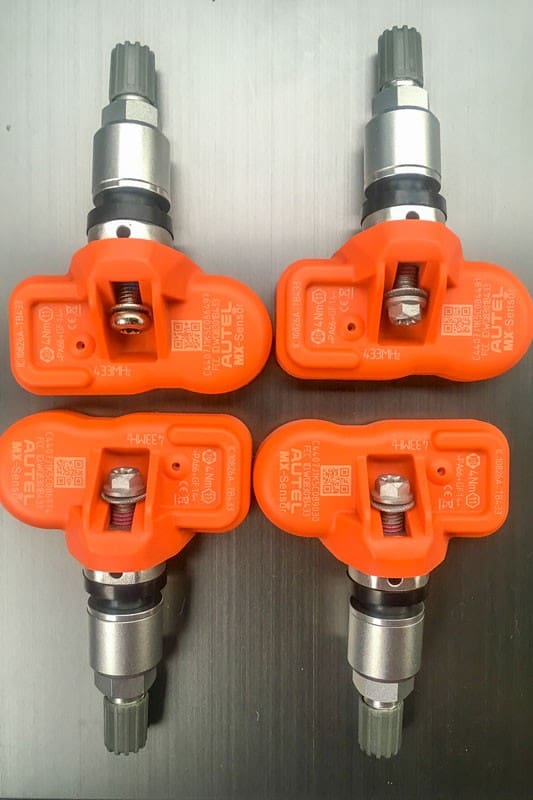
Your TMPS makes use of tire pressure sensors for each tire. Some even have one installed on the spare tire. As mentioned earlier, each sensor has its own serial number that indicates to the car's computer system which specific tire it is monitoring.
It may happen that only one of the sensors is defective, so you don't feel the need to replace the other sensors. In this situation, you can replace that particular tire pressure sensor.
But if the sensor malfunctioned because of a dead battery or corrosion, you may consider replacing all of the tire pressure sensors. This is an indication that the other sensor batteries may also die soon.
The corrosion is a result of wear and tear that can mean the sensors' lifespan is nearing the end since they were installed at the same time.
Do The Sensors Need To Be Programmed?
When it's time to replace your original tire pressure sensors with new ones, the service doesn't just include the actual installation of the replacement sensors. These units have to be programmed so that they can be in tune with your vehicle and you can optimize their use.
Some tire pressure sensors are pre-programmed. This means that they are ready to use once taken out of the box and installed on your tires. The sensors will immediately begin to relearn your vehicle's specifications to keep you safe on the road.
Check out this plug-and-play TPMS sensor on Amazon.
Meanwhile, other sensors still need to be programmed using a specialized programming tool with the latest software. They will have to be encoded with the right commands so that they will be activated and able to respond to the specific needs of the vehicle.
The program is also specific to the make, model, and manufacture year of the car being serviced. Some car models like Mazda and Chrysler have to be driven first so that the tire pressure sensors can relearn the vehicles.
What Happens If You Don't Replace The Sensors?
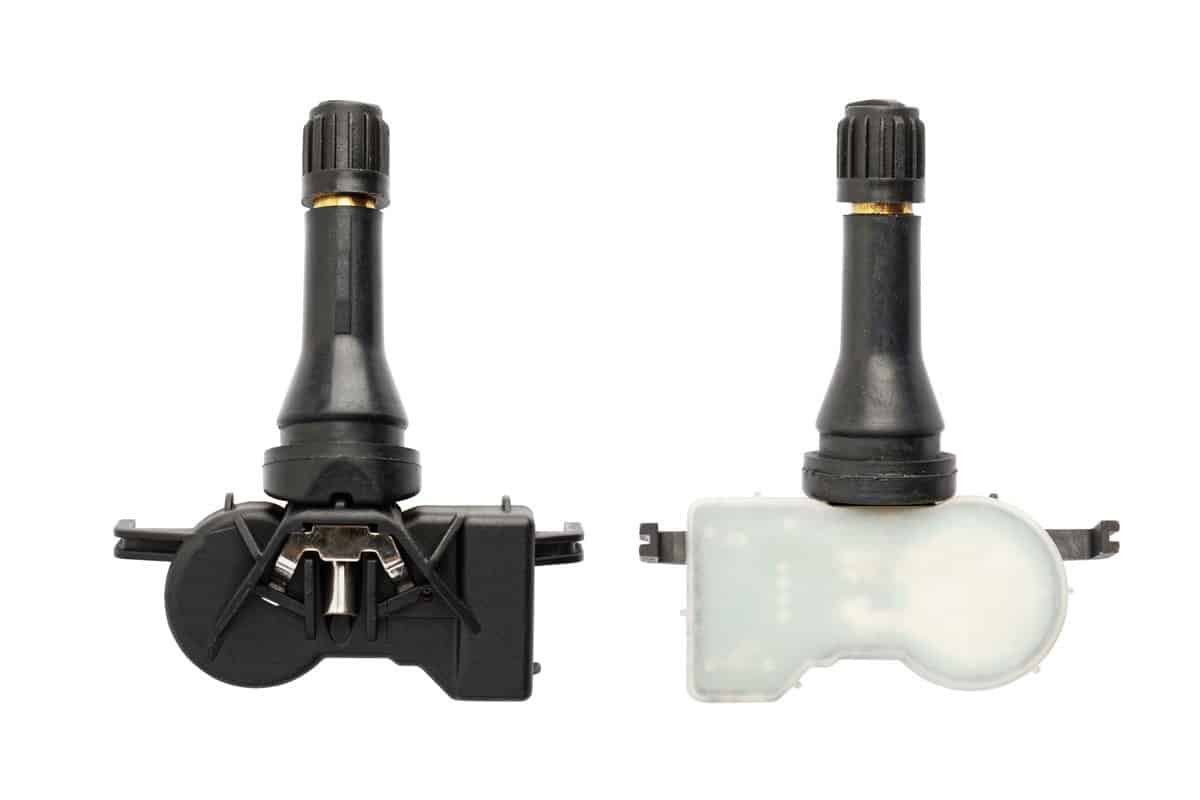
A TPMS is designed to monitor the pressure of your tires to ensure that they are within the recommended level when you're driving.
Thousands of accidents occur every year due to underinflated tires and tire blowouts. You risk your life as well as the lives of other people when you drive with tires that have low air pressure.
That's why it is very unsafe to drive without these sensors. If yours need replacing, have your car serviced right away to ensure your safety on the road.
The light indicator on your dashboard panel will continue to light up until you have the sensors replaced. But if this doesn't bother you, know that it is mandated by law that vehicles manufactured from September 2007 onwards should have these devices installed. It's all about being a responsible driver.
Final Thoughts
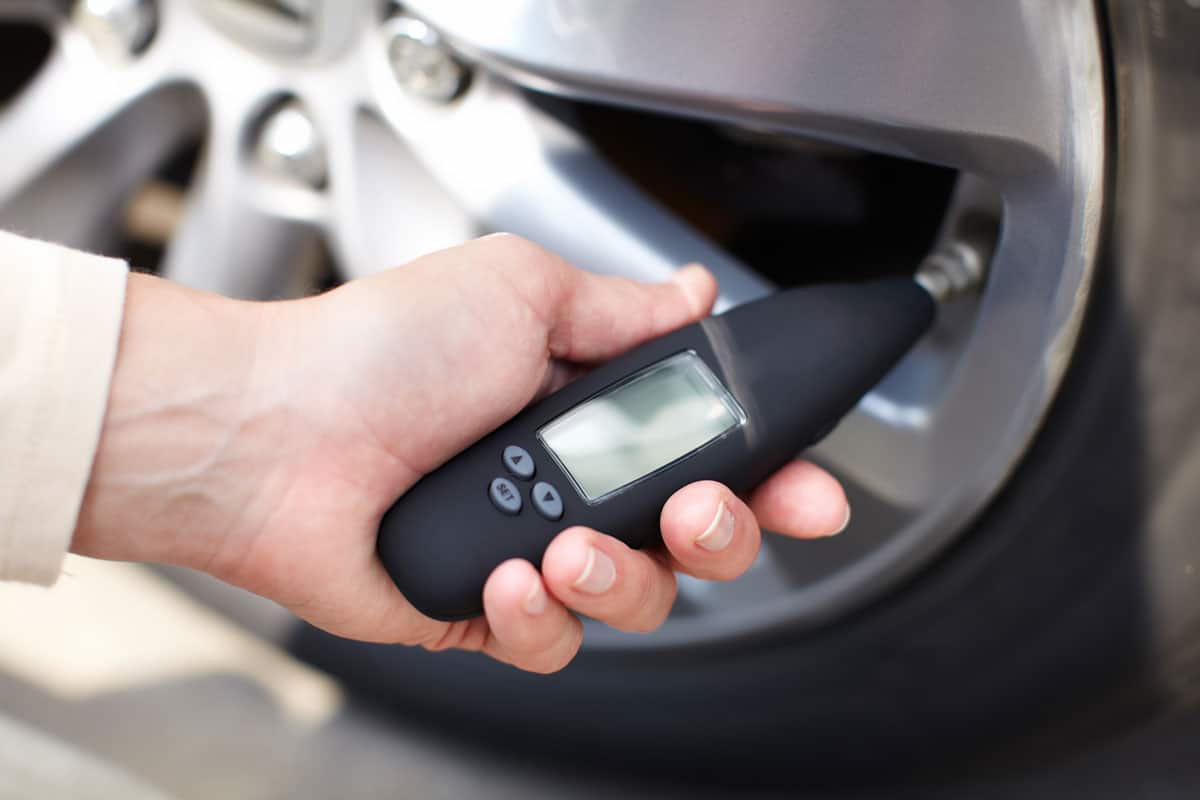
Tire pressure sensors are not universal. You should check the compatibility of the tire pressure sensors on all related components of your car if you don't want to waste money on something that won't work. It's best to buy the same kind of sensor used on your car.
If you found this article helpful, you might also like the following posts:


